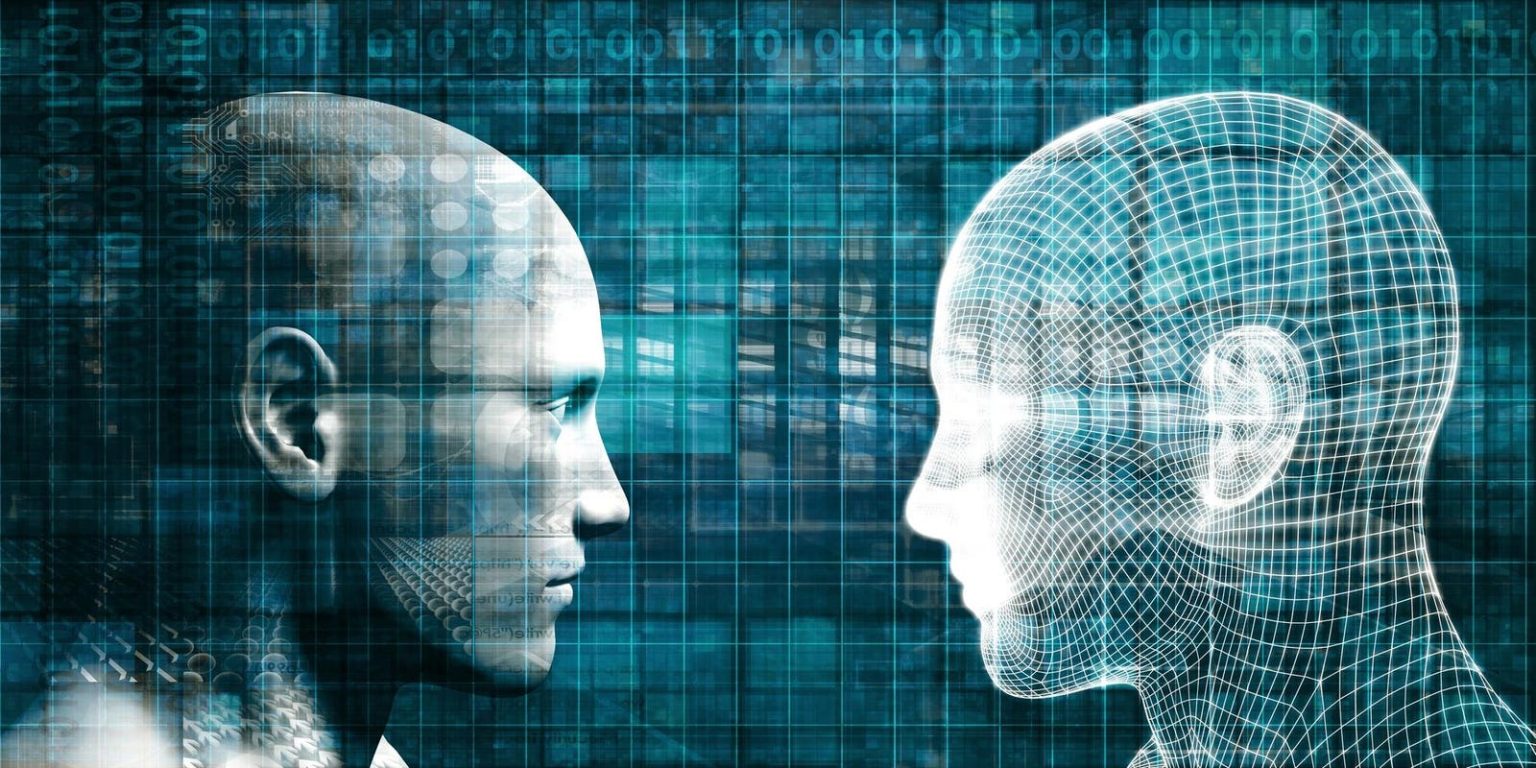Altered states of consciousness (ASC) have been a topic of interest and debate for many people. From yoga to sensory deprivation tanks to hypnosis, there are various ways in which individuals claim to enter ASC. While some view ASC as a mystical experience, others see it as a cognitive phenomenon rooted in biochemistry.
Recent research has explored the impact of mindfulness-based programs (MBPs) on altering states of consciousness, showing potential links between mindfulness training and specific ASC experiences. Mindfulness practices like meditation have been found to induce unity and disembodiment experiences, leading to altered states of consciousness.
Generative AI, such as ChatGPT, is being considered as a potential tool for entering altered states of consciousness. These AI models are trained on vast amounts of textual data and can generate responses that mimic human writing. Generative AI could offer guided meditation, hypnosis scripts, binaural beats, VR experiences, and interactive storytelling to induce ASC.
While generative AI shows promise in aiding individuals in experiencing altered states of consciousness, there are potential drawbacks to consider. Users may become dependent on AI, experience low-quality or unsafe content, face ethical and privacy concerns, and risk negative experiences or long-term effects of frequent AI use for ASC induction.
Researchers and enthusiasts are urged to approach the interplay of ASC and generative AI with caution and mindfulness. Further studies are needed to explore the efficacy, risks, and ethical implications of using AI for altering states of consciousness. As exploration and discovery continue in the field of AI and mental health, it is essential to balance potential benefits with potential risks in AI-driven ASC experiences.


